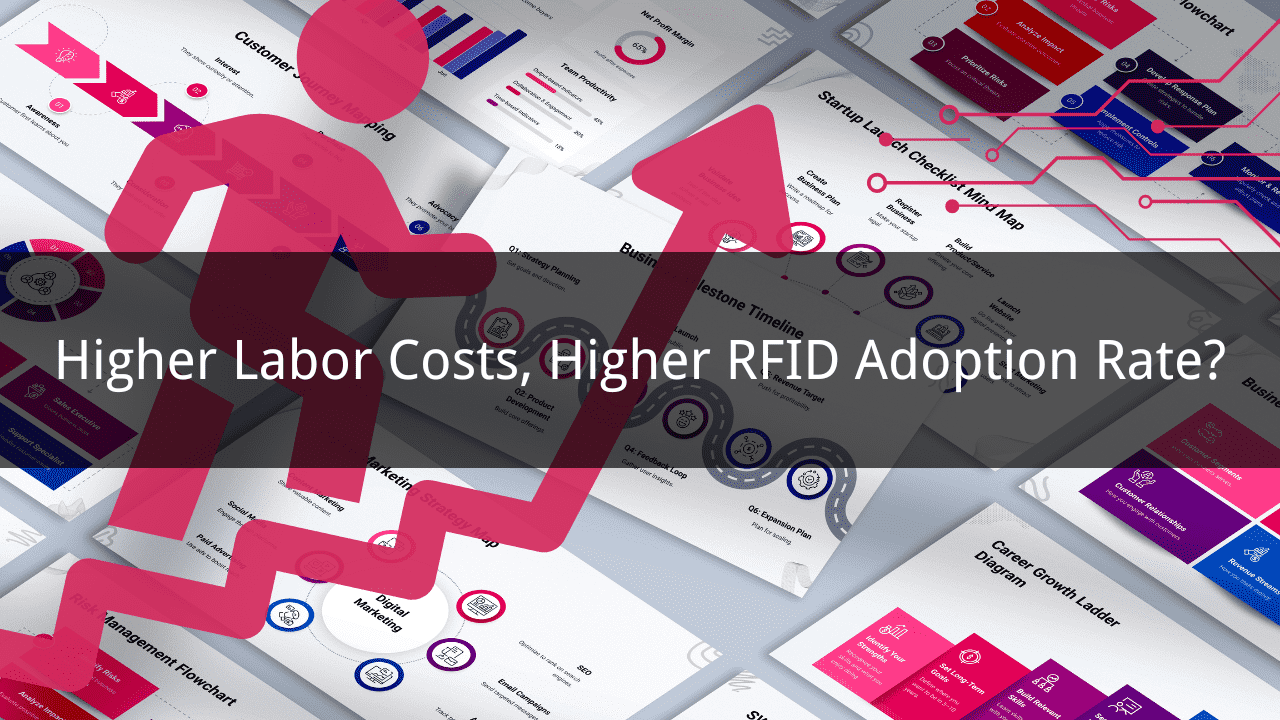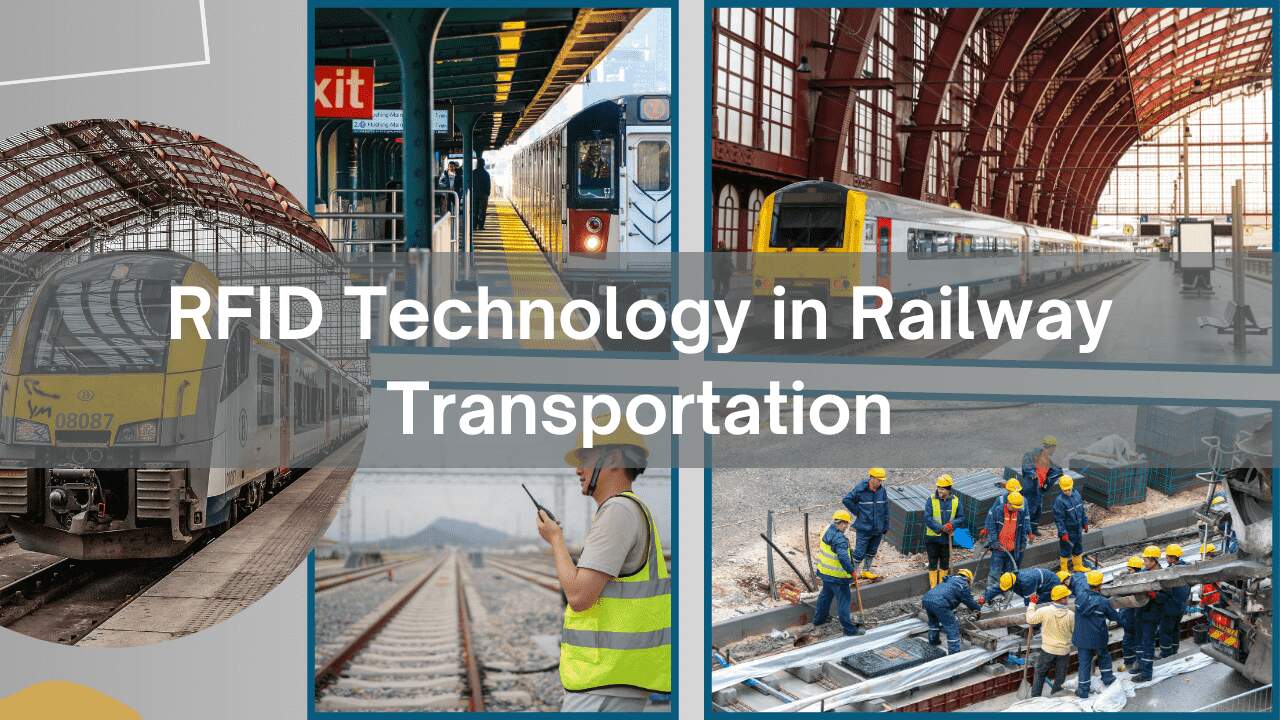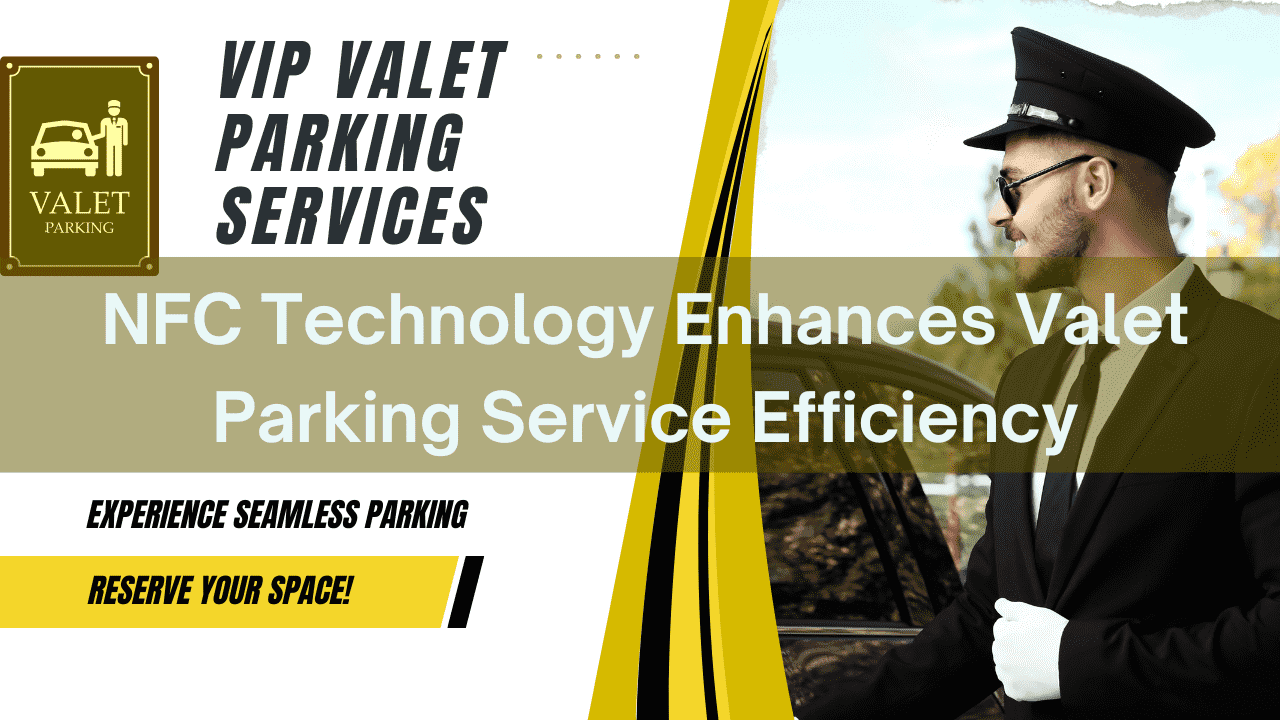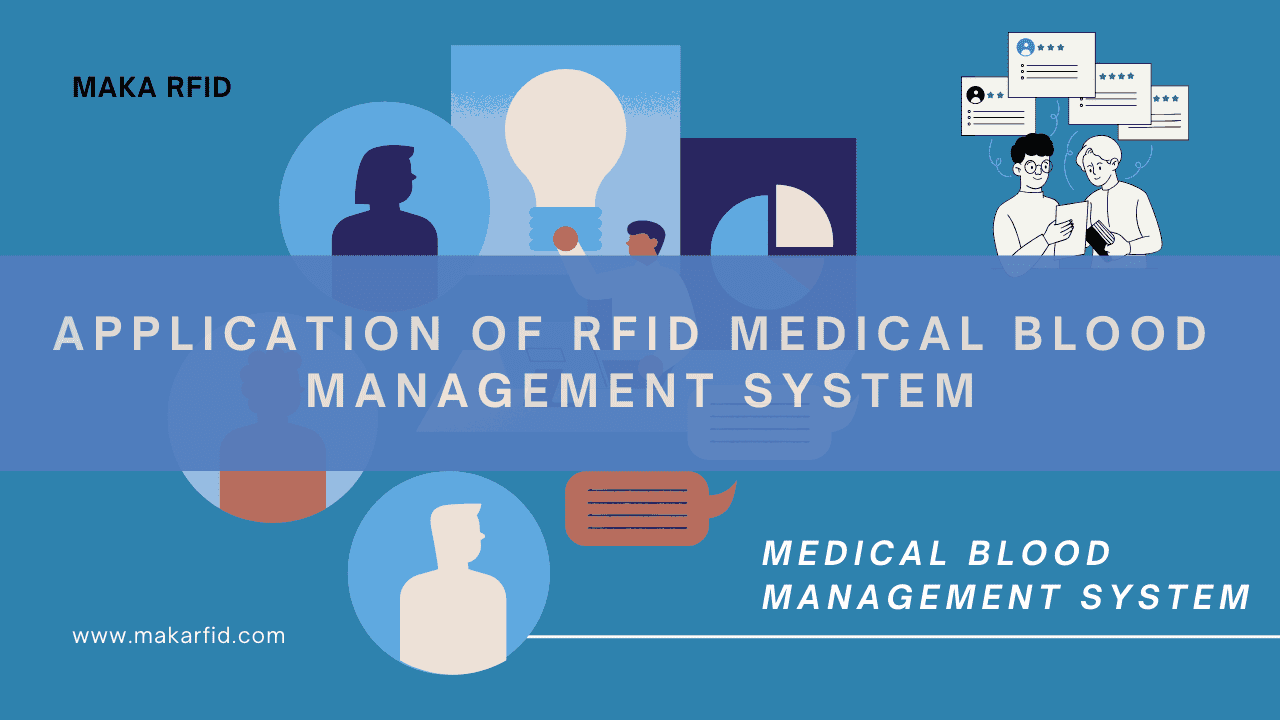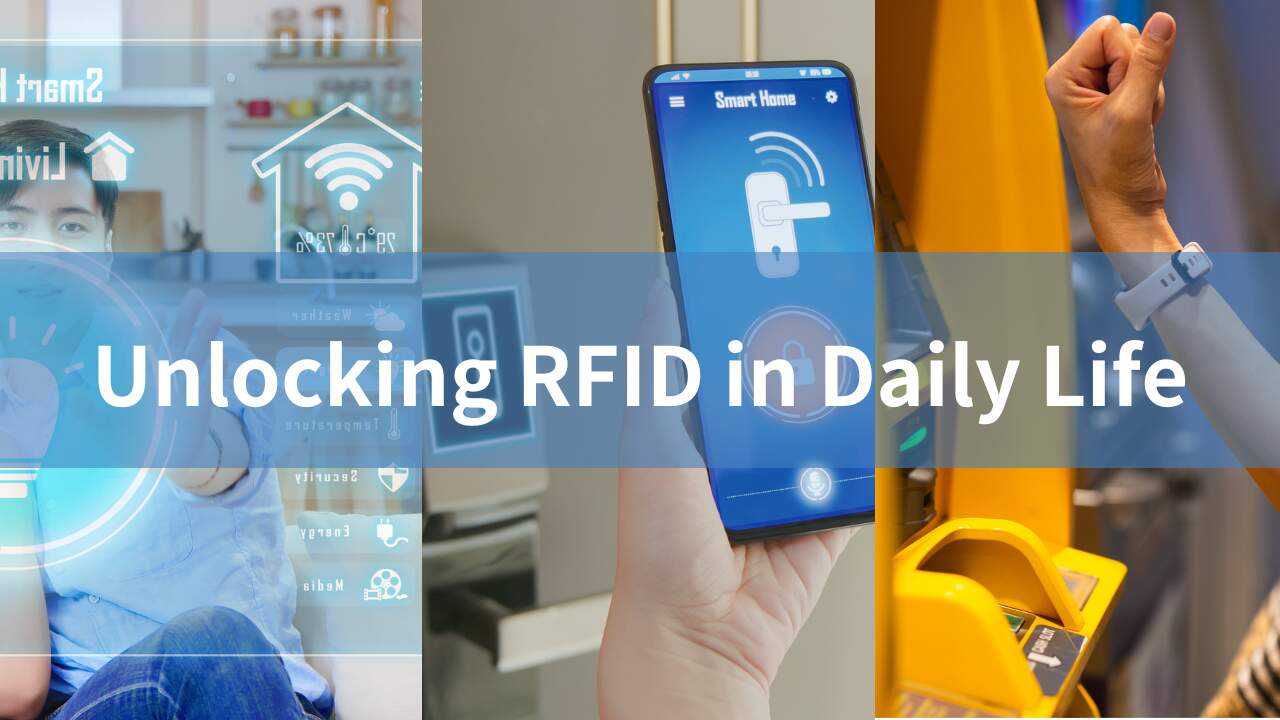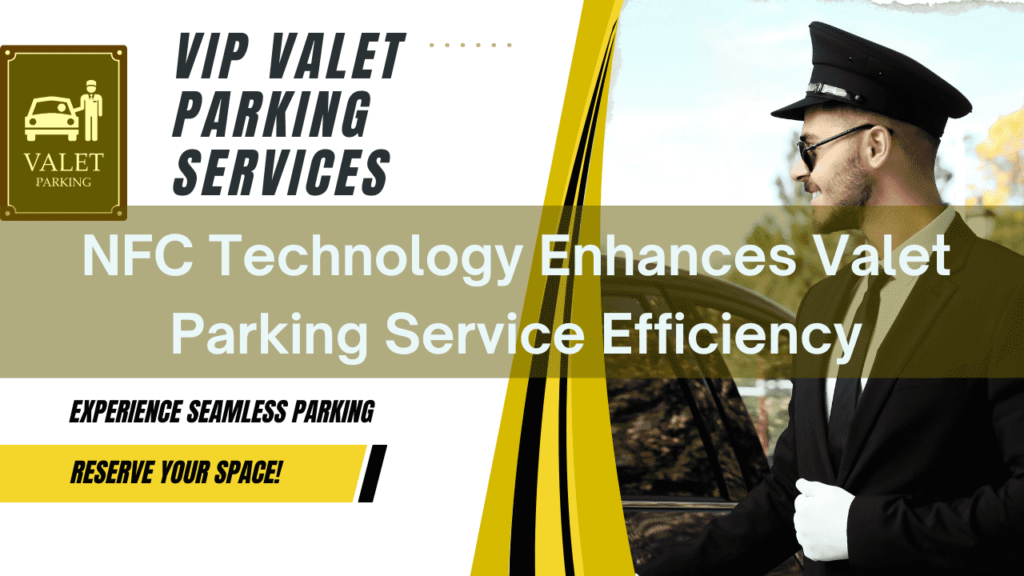
NFC Technology Enhances Valet Parking Service Efficiency
With the rapid development of modern society and technology, intelligence and efficiency have become the pursuit of all industries, and valet parking service is no exception. Traditional valet parking services face problems such as complicated procedures, low efficiency, and inaccurate information recording, which cannot meet users’ demands for quick and efficient service. In recent years, the emergence of NFC (Near Field Communication) technology has provided a new direction for solving these problems. This article will discuss how to optimize valet parking services using NFC technology, from technical principles and application scenarios to implementation details and future prospects, providing a reference solution for the industry’s intelligent transformation.
What is NFC Technology?
NFC (Near Field Communication) is a short-range wireless communication technology that allows data exchange between two NFC-enabled devices within 10 centimeters. NFC technology has the following characteristics:
- Simple operation: Interaction can be completed with just a “light touch,” providing a smooth user experience.
- Fast interaction: Data exchange is rapid, particularly suitable for instant service scenarios.
- High security: Uses encrypted transmission to ensure user information and payment security.
- Low power consumption: Low device energy consumption, suitable for long-term use.
NFC technology is now widely used in payment, identity verification, and data transmission fields. In valet parking services, NFC technology can implement functions such as identity verification, vehicle information management, payment processing, and access control, effectively optimizing service processes and improving operational efficiency.
Major Challenges and Efficiency Bottlenecks in Traditional Valet Parking Services
Although valet parking services bring great convenience and time savings to modern urban car owners, traditional service models still face a series of critical pain points in actual operations that urgently need to be resolved. These issues seriously constrain service quality improvement:
- Manual Registration Process is Complicated and Inefficient
In traditional valet parking services, staff need to manually record large amounts of detailed information, including car owners’ personal data, vehicle identification information (such as license plate numbers, vehicle models, colors) and specific parking location coordinates. This purely manual information entry method not only consumes substantial time and human resources but is also prone to errors or omissions due to subjective factors such as operator fatigue, work pressure, or distraction, directly affecting service quality and customer satisfaction.
- Time-Consuming Vehicle Retrieval Process
Traditional vehicle retrieval processes face obvious efficiency bottlenecks, as staff must rely on paper parking tickets or manual search systems to locate and retrieve vehicles. This process is particularly difficult and time-consuming in large parking lots or during peak hours with high customer flow, often requiring staff to move back and forth between multiple areas searching for target vehicles. This not only greatly extends customer waiting times but also increases the workload of service personnel, seriously affecting overall service efficiency and customer experience.
- User Satisfaction and Experience Need Improvement
Traditional service models have many shortcomings: first, the service process lacks necessary transparency, making it difficult for car owners to track service progress; second, waiting times are generally long, especially during peak hours; third, the service model is overly standardized and unable to meet different car owners’ personalized needs. Additionally, due to untimely information transmission, car owners cannot monitor their vehicles’ parking status and location information in real-time. These combined factors lead to continuously declining user satisfaction. Without digital management tools, even with increased staff effort, the overall service experience still struggles to meet modern consumers’ expectations.
- Inefficient Management and Monitoring Systems
Traditional systems heavily rely on paper documents and manual recording methods for management, which not only prevents real-time updates and accurate tracking of parking space usage but also causes serious resource allocation imbalances. Parking lot managers struggle to maintain current awareness of space occupancy status and cannot implement scientific resource allocation. Meanwhile, due to the lack of systematic electronic monitoring means and data tracking mechanisms, vehicle safety and service quality cannot be effectively guaranteed. When security incidents or service disputes occur, there is also a lack of reliable data support for problem tracking and resolution.
Clearly, this traditional valet parking service management model can no longer meet modern users’ urgent needs and expectations for efficient, intelligent, and standardized services. The innovative introduction of NFC technology not only brings entirely new solutions to these long-standing management challenges plaguing industry development but also provides reliable technical support and implementation plans for the entire industry’s digital transformation.
NFC Technology Applications in Valet Parking Services
- Quick Identification and Authentication
Parking lot entrances are equipped with advanced NFC card readers, implementing a comprehensive intelligent identification system. Car owners only need to tap their smartphones or dedicated NFC parking cards on the device to complete the authentication process instantly. The system automatically matches and binds the car owner’s personal information with detailed vehicle information, completely eliminating the tedious traditional manual verification process and significantly improving overall registration efficiency and accuracy.
- Advantages: Quick and accurate identity verification, completely eliminating manual registration processes, reducing human error risks.
- Application Scenarios: Suitable for quick entry during peak hours with high traffic flow, VIP member exclusive channel identification, and various other scenarios.
- Intelligent Parking Space Allocation
After vehicles enter the parking lot, the system automatically reads car owners’ personalized parking preferences through precise NFC technology (including but not limited to proximity to exits, spacious parking space requirements, electric vehicle charging areas, etc.), and combines real-time parking space information and traffic flow data to use intelligent algorithms to allocate the most suitable parking spaces for each car owner. The system then immediately sends detailed parking space information, navigation routes, and other key data to the car owner’s mobile device or valet attendant’s work terminal via NFC tags.
- Advantages: Intelligent optimization of parking space allocation efficiency, significantly saving time in finding spaces, improving car owner satisfaction.
- Application Scenarios: Particularly suitable for large commercial parking lots, airport long-term parking lots, and other large-scale parking facilities requiring refined efficient management.
- Automated Vehicle Retrieval Process
During the retrieval process, car owners only need to perform quick identity verification through the NFC device, and the system can immediately precisely locate the vehicle position and automatically notify the nearest valet attendant through the intelligent dispatch system. Compared to traditional manual search methods, this intelligent process greatly reduces vehicle search and dispatch time, providing a smoother retrieval experience.
- Advantages: Significantly reduces customer waiting time, comprehensively improves service efficiency, enhances user experience.
- Application Scenarios: Particularly suitable for high-end hotels, large shopping centers, and other venues with high service quality and efficiency requirements.
- Contactless Payment Function
The innovative NFC technology-based payment solution brings car owners a new payment experience. Car owners need not carry cash or manually scan QR codes; parking fees can be automatically deducted from pre-bound accounts or e-wallets, with the entire payment process completed with just a light touch of the NFC device, making it both safe and convenient.
- Advantages: Efficient payment process, minimizing personnel contact risk, providing a safer payment experience.
- Application Scenarios: Widely applicable to parking lot exit payment points, unmanned areas, and various other payment scenarios.
- Security Management and Monitoring
The intelligent NFC monitoring device network deployed throughout the parking lot can record and track vehicle movement dynamics and valet attendant operations in real-time around the clock. When disputes or security incidents occur, the system’s complete electronic records can provide detailed data support for quick inquiry and event tracking, ensuring parking lot operational safety and transparency.
- Advantages: Comprehensively improves service operation transparency, strengthens security measures, enhances user trust.
- Application Scenarios: Particularly suitable for venues with strict security management requirements, such as airports, government institutions, financial centers, and other important facility parking areas.
- Big Data and Service Optimization
The system automatically generates detailed electronic records for each NFC parking operation, including multi-dimensional information such as time, location, and fees. Through advanced big data analysis technology, operations management can precisely grasp key parking lot operational indicators, such as traffic flow distribution across different time periods, parking space utilization rates in various areas, and service response efficiency, thereby formulating more scientific resource allocation strategies and continuously optimizing service experience.
- Advantages: Implements precise data-driven decision-making mechanisms, continuously improving overall parking lot operational efficiency and service levels.
- Application Scenarios: Suitable for daily operations of parking lots requiring refined management and scenarios focusing on continuous service quality improvement.
Case Studies
Case 1: Dubai International Airport Parking
Dubai International Airport has implemented a comprehensive NFC-based smart parking management system. As one of the world’s busiest international airports, the system serves tens of thousands of travelers daily. Vehicle owners only need to tap their NFC card or smartphone at the entrance device, and the system completes identity verification and intelligent parking space allocation within seconds. The system not only automatically records precise vehicle parking locations and duration but also arranges vehicle preparation based on passengers’ flight information. During vehicle retrieval, the system utilizes NFC technology for quick location and intelligent dispatch, reducing traditional waiting times of 15-20 minutes to an average of under 5 minutes, greatly improving the operational efficiency of airport parking services.
Case 2: High-end Hotel Valet Parking Service
A global luxury hotel chain has implemented an innovative NFC parking service solution across its worldwide locations. The hotel provides each guest with a dedicated NFC parking card and seamlessly integrates vehicle information with the room management system. This intelligent system not only records specific vehicle locations and parking duration but also automatically plans parking resources based on guests’ check-in and expected check-out times. When vehicle owners need to retrieve their cars, they simply tap their parking card on the NFC device at the hotel lobby front desk, and the system immediately notifies the nearest valet through the intelligent dispatch system to prepare the vehicle. The entire retrieval process takes only 3-5 minutes on average, improving efficiency by nearly 70% compared to traditional service models, significantly enhancing the hotel’s service quality and guest satisfaction.
Traditional Valet Parking Services VS NFC Valet Parking Services
Vehicle Handling Capacity During Peak Hours
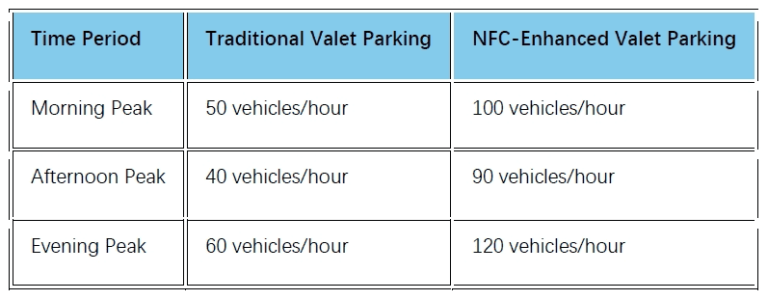
Average Waiting Time

Traditional Valet Parking vs. NFC-Enhanced Valet Parking
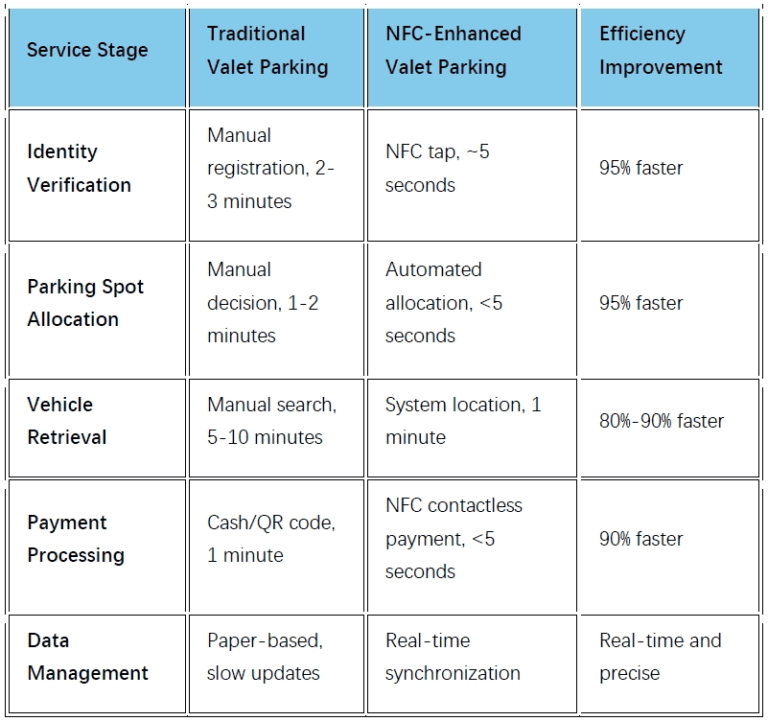
Key Elements of NFC Technology Implementation
- Hardware Configuration and Deployment
- NFC Readers: Need to be strategically deployed at key locations throughout the parking lot, including entrances, exits, payment points, and important monitoring areas, ensuring comprehensive coverage of all operational aspects of the parking facility.
- NFC Tags: Use high-quality NFC tags for recording and transmitting vehicle information, which can be flexibly integrated into parking cards or users’ smartphones, supporting various carrier applications.
- Server and Database Systems: Configure high-performance server clusters and scalable database architecture responsible for real-time storage and efficient processing of large volumes of vehicle information and payment data, ensuring stable system operation.
- System Integration and Interoperability
- Achieve seamless integration with existing parking management systems, ensuring real-time data synchronization and smooth business processes, supporting multi-system collaboration.
- Comprehensively integrate multiple payment channels (including but not limited to credit cards, mobile payments, e-wallets, etc.), achieving perfect fusion with NFC functionality to provide users with flexible payment options.
- Security Protection and Encryption Measures
- Adopt industry-leading high-strength encryption algorithms and security protocols to ensure the security and integrity of all data transmission processes, preventing information leakage and tampering.
- Establish a comprehensive system update mechanism, continuously strengthening system protection capabilities through regular security patch updates and system optimization, effectively preventing various potential security threats.
Future Outlook: Integration and Innovation of NFC with Other Technologies
- Integration with Internet of Things (IoT)
Through the deployment of smart parking sensor networks, real-time monitoring and intelligent dynamic allocation of parking spaces can be achieved. These sensors not only detect parking space occupancy but can also monitor multi-dimensional data such as vehicle types and parking duration, enabling more refined parking lot management and comprehensively improving the parking facility’s intelligence level and operational efficiency.
- Integration with Artificial Intelligence (AI)
Using AI technologies such as deep learning and machine learning to conduct multi-dimensional analysis of parking facility historical data can not only accurately predict peak traffic flow but also dynamically adjust parking resource allocation strategies based on external factors such as weather and holidays. Additionally, AI algorithms can learn users’ parking habits to provide personalized parking suggestions for different types of users, comprehensively improving service efficiency and user satisfaction.
- Integration with Autonomous Driving Technology
In the future, as autonomous driving technology matures, NFC technology will become an important bridge connecting autonomous vehicles with parking facility systems. Through deep integration of NFC technology with autonomous driving systems, vehicles will not only be able to complete parking and retrieval processes independently but also achieve advanced functions such as precise indoor navigation and automatic charging, ultimately realizing a truly automated parking service experience.

As an efficient and convenient communication method, NFC technology shows unprecedented broad application prospects in the valet parking service field. By comprehensively integrating NFC technology into various aspects and processes of parking systems, it not only fundamentally optimizes service processes and significantly improves operational efficiency but also greatly enhances user experience and service satisfaction. This technological innovation not only simplifies traditional service processes but also provides strong technical support for intelligent parking management. Although implementation may face many challenges such as high hardware equipment investment costs and high system security requirements, with the continuous popularization of technology and increasing user acceptance, NFC technology will undoubtedly become the core driving force in promoting the intelligent transformation of valet parking services.
Through scientific planning and layout, continuous system optimization, combined with advanced technology applications and improved management systems, the valet parking industry is steadily moving toward a new era of development that is more efficient, safer, more intelligent, and more human-centric. This transformation will not only completely change the face of traditional parking services but will also bring revolutionary progress to the entire industry.



